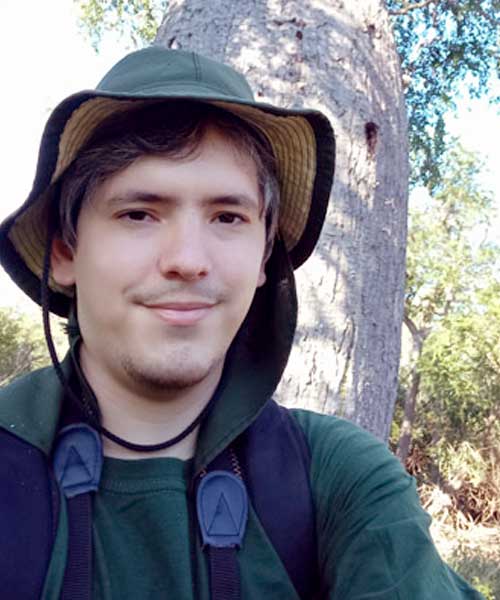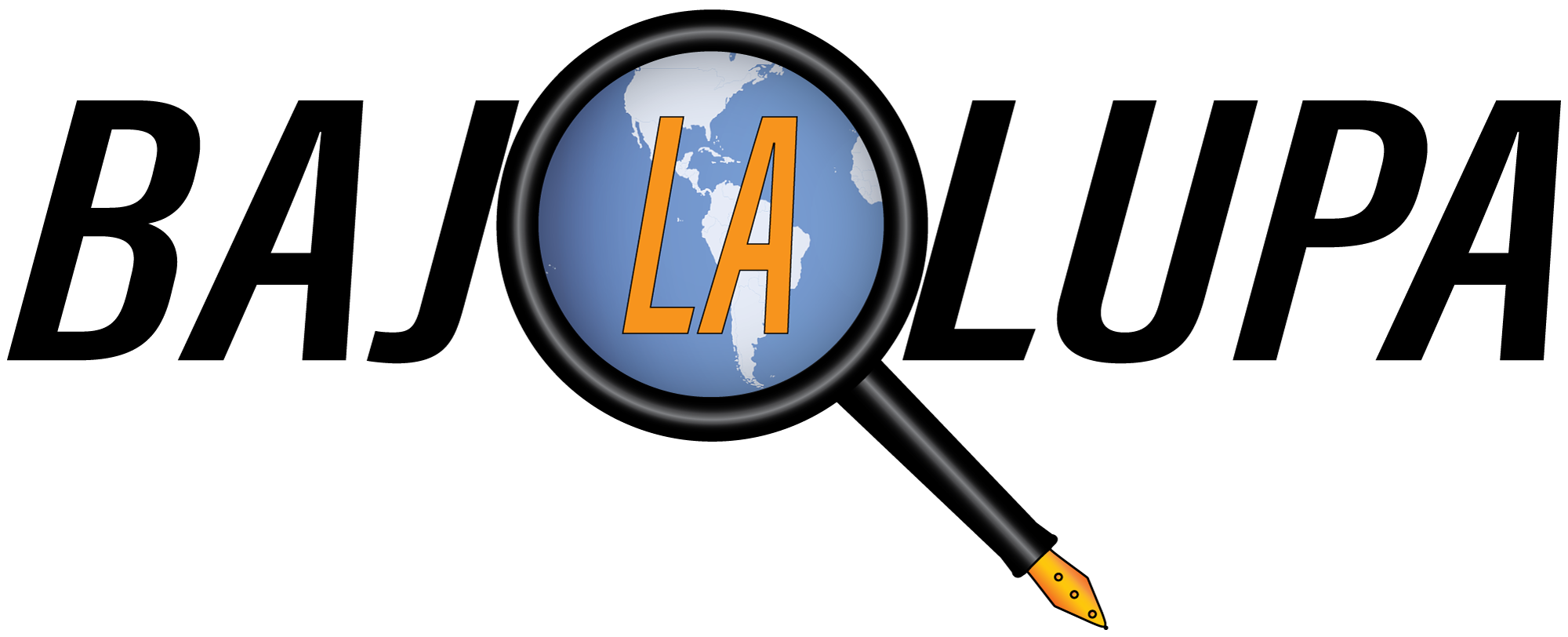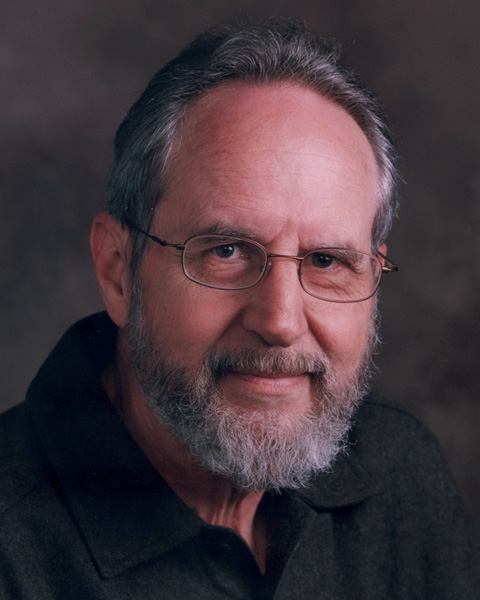The Atlantic Forest is being cleared by agribusiness companies to make way for lucrative soybean production that makes Paraguay one of the world’s largest soybean exporters. Photo: Shutterstock
“Paraguayan environmental policy has not undergone a transition to the 21st century”
Luis Recalde is a young agricultural engineer who works in Paraguay’s environmental sector and advises on environmental management. On social networks, he is known for his account “Drunken Forest”, where he shares information about conflicts or environmental projects in Paraguay and around the world. In this interview with Bajo la Lupa, Recalde talks about the segment of the agribusiness sector in Paraguay that is working on projects to mitigate the harmful effects of farming practices on natural resources.

-How would you describe the environmental situation in Paraguay?
Compared to the world and the region, we are lagging behind. Although there are good efforts and initiatives, we are three steps behind our immediate neighbors (Mercosur). In the region, the pressures are the same (climate change, pollution, loss of habitat, hunting and animal trafficking, etc.) but the response politically (from Paraguay) is the same as in the 70s. Paraguayan environmental policy not has transitioned into the 21st century. While our neighbors are in the conflict resolution stage (which in itself is long and complex), Paraguay continues in the first stage, which is the denial of the problems. Officially, state agencies say things like: “There are no environmental problems in Paraguay” or “Our production is sustainable” or “We have many reserves”.
– How has deforestation in recent decades affected fauna, flora, and life itself in Paraguay? Is there a way to measure that?
It is really very difficult to measure the precise effects of deforestation. We all want simple answers (that is human nature) but it is very difficult to quantify the effects of an activity in a complex system, and the environment is by definition everything that surrounds us. Still, we have some indicators, such as the disappearance of almost all species sensitive to deforestation in most of the Eastern region, coupled with dire poverty in the same communities, which indicates that the deforestation did not produce the economic miracle that was promised, or at least that the economic miracle did not reach a significant segment of Paraguayan society which has been left behind.
– Is sustainable agribusiness possible? Does it work in Paraguay?
I am convinced that it is possible, but it would be something with a very different look than we are used to today. This is not something that is unique to agribusiness. Paraguay does not have sustainable development in any sector. The social and political changes that would bring us a more sustainable agribusiness are changes that will also inevitably alter all the productive and political sectors. The transformations are more of a control of corruption than anything else.
– In terms of environmental crimes in Paraguay, which presents the greater challenge –impunity or lack of control?
Impunity, without a doubt. Environmental crimes are frequent and well known. There is no great difficulty in detecting them, but most are not subject to a legal process, and of those that are, the economic sanctions are set at a ridiculously low amount.
– Is the lack of government presence the best way for the government to collaborate with the destruction of the environment and impunity?
I do not know whether to say lack of government, because the Paraguayan government is often present in environmental processes, but in a negative way, for example, whitewashing judicial processes for environmental infractions. Having said that, although sometimes it is a problem that it is not present, the most common problem with the Paraguayan government and environmental processes is the enormous ease with which the process is corrupted. Practically all environmental offenses can go unpunished, when the person or company that commits them is linked to the power structure.
– Are there agro-industrial entrepreneurs who work in harmony with the environment?
Sustainability in the world today has not been completely by anyone. What we can say is that there are companies that work in a MORE sustainable way, and yes, there are excellent Paraguayan initiatives to improve the standard of social and environmental sustainability. Today, most of this effort consists of adapting to legal regulations (which in itself is not something instantaneous) but beyond the minimum legal requirements, there are companies that invest more than the state asks to improve their socio-environmental impacts. Collaborating with several of them has been a gratifying experience in my career.


